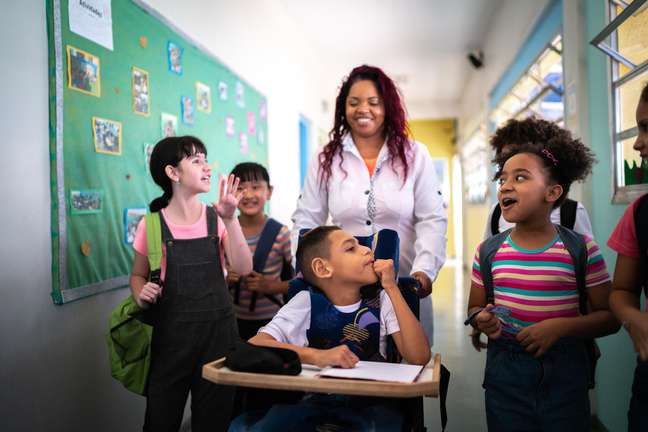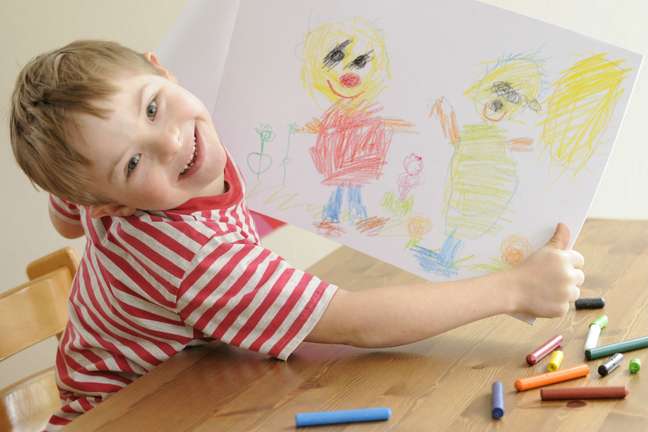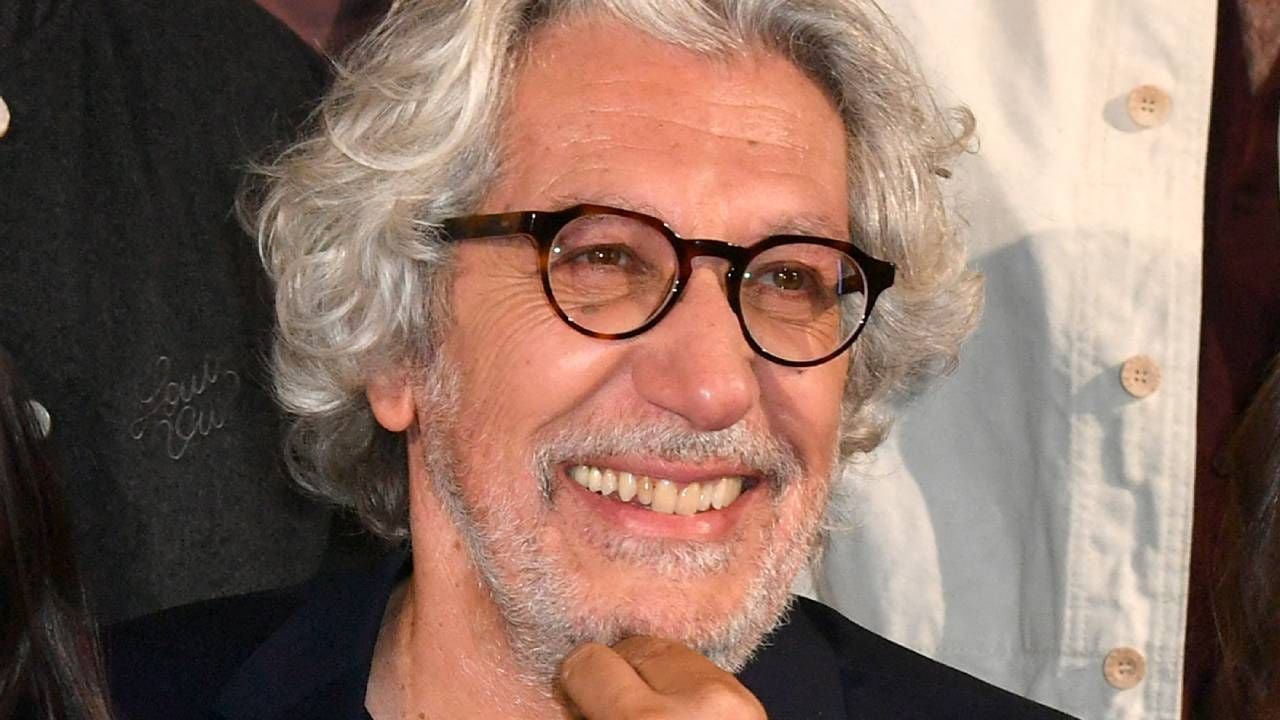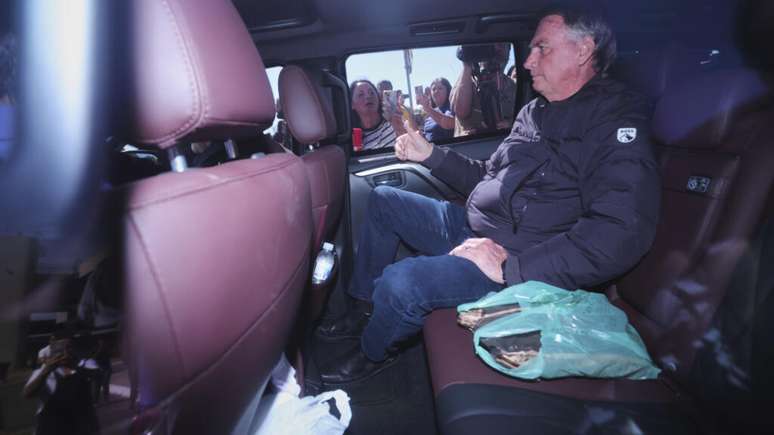From 21 to 28 August, the period draws attention to the importance of public policies that contribute to inclusion
Established by the National Federation of Apaes (Fenapaes) in 1963 with the name Outstanding Child’s National Weekthe period was sanctioned by law in 2017. In order to draw attention to the condition of people with disabilities, that is contribute to the reduction of prejudice, social inclusion and the promotion of public policies that take into account the different needs of all citizens.

The term “exceptional” has fallen into disuse, due to its capacitive connotation, today it is called National Week of People with Intellectual and Multiple Disabilities, and runs from 21 to 28 August. These days the goal of Apae Brasil is to share information on the subject and draw attention to a theme that unfortunately is still little discussed in society.
Despite this, the numbers underline its importance: according to data collected by the Brazilian Institute of Geography and Statistics (IBGE) in 2019, there are at least 45 million Brazilians with some kind of disability, which equates to 25% of our population. Even so, the difficulties – of access, locomotion, adaptation of materials, representation, among many others – do not seem to occupy the place of concern and attention they should. It is worth remembering that this data does not accurately represent reality. “We do not have a survey that covers all age groups. We hope that the survey conducted this year by IBGE will bring a reliable number so that we can act on the inclusion of these people”, stresses the president of Apae. Brasil, José Turozì.

Guaranteeing citizenship is a public duty
In this scenario, this year the theme established by the Association is “Overcoming the barriers to ensure inclusion”, recalling article 4 of the Brazilian law on inclusion, which states that “every person with disabilities has the right to equal opportunities with other people and will not suffer any kind of discrimination”. For Turozi, the big question is the struggle for legislation to take hold and be put into practice. According to him, this must happen, in fact, in the municipalities, and it is up to councilors and mayors to guarantee it.
Also according to Turozi, APAE Brasil defends the inclusion of people with disabilities in regular education and in the labor market, but is present in 2,200 municipalities to welcome them precisely where public power does not act as it should, in the sense of promote the space and ensure that they can exercise their citizenship. However, much remains to be done. “Brazil has 5,570 municipalities, that is, many still do not have adequate care for people with disabilities,” she warns.
It is worth remembering that Apae Brasil is a network that operates mainly through volunteering. “There are more than 80,000 volunteers who work for free for the apeo movement”, underlines the president of the Association.
Finally, it never hurts to remember it respect is learned from childhood. Therefore, giving children the opportunity to live with children with disabilities is also a way to create a society with more empathy and awareness. “Citizenship will only be possible with the full social inclusion of people with disabilities”, concludes Turozi.
Source: Terra
Benjamin Smith is a fashion journalist and author at Gossipify, known for his coverage of the latest fashion trends and industry insights. He writes about clothing, shoes, accessories, and runway shows, providing in-depth analysis and unique perspectives. He’s respected for his ability to spot emerging designers and trends, and for providing practical fashion advice to readers.




![Such a wonderful sun in advance: Summary of Monday Episode of July 21, 2025 [SPOILERS] Such a wonderful sun in advance: Summary of Monday Episode of July 21, 2025 [SPOILERS]](https://fr.web.img5.acsta.net/img/ae/16/ae160ac795d56c39ba616f1a05b5baa1.jpg)


